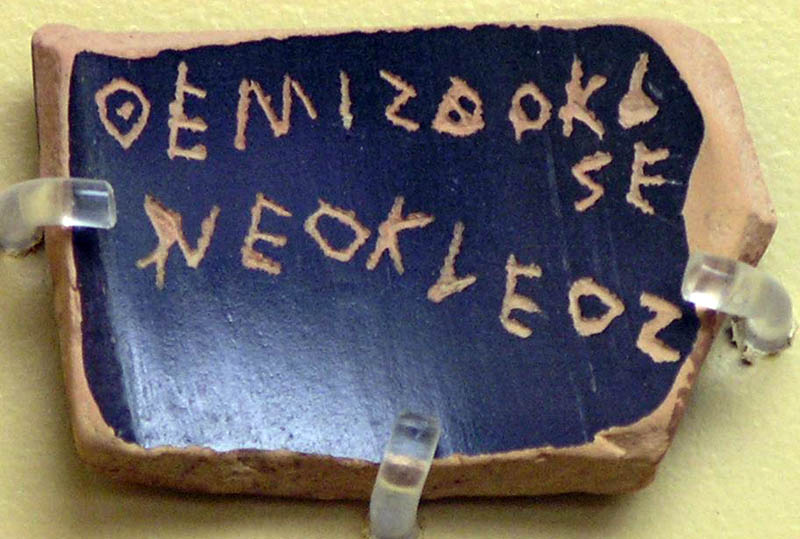1. Government
Democracy

Today we often take public participation in state management and decisions for granted, but in European history this has simply not been the case for almost two millennia. If we want to find evidence for collective participation in state affairs, we must go back to the age of city-states like Athens and Rome between the 5th and the 1st centuries BCE, a period of tremendous cultural, political and social transformation. But despite some similarities, ancient democracies were very different from our modern, constitutional democracies. Understanding how they worked can help our understanding of how ancient political thought influenced and shaped modern legislative systems and the society we currently live in.
Interested in Democracy as an EPQ project? Click here.
Citizenship

What makes an individual a citizen? What are citizens’ duties and rights? In our society, citizenship is the status of an individual who is a recognized member of a state. It entails specific rights, but also precise duties. It has become increasingly relevant in public debates, as seen by the recent discussions about revoking citizenship to British citizens joining Daesh in Syria. You may think that citizenship is a relatively modern concept, yet the notion originates in the Classical world, and the concept was widely discussed and considered a matter of legislation in ancient Greece and across the Roman empire.
Interested in State and Citizens as an EPQ project? Click here.
Imperialism

Imperialism is a term often discussed in relation to modern Western colonial history. Ancient Greek and Roman debates on power, military expansion, and cultural dominance have been used in the past to explain, support and even justify European colonialism across the globe and modern empires have made extensive use of images of Rome to shape popular perceptions. But what was the ancient perception of dominance? And what were the ways in which power and dominance were debated and visually presented in ancient Greece and Rome?
Interested in Imperialism as an EPQ project? Click here.
